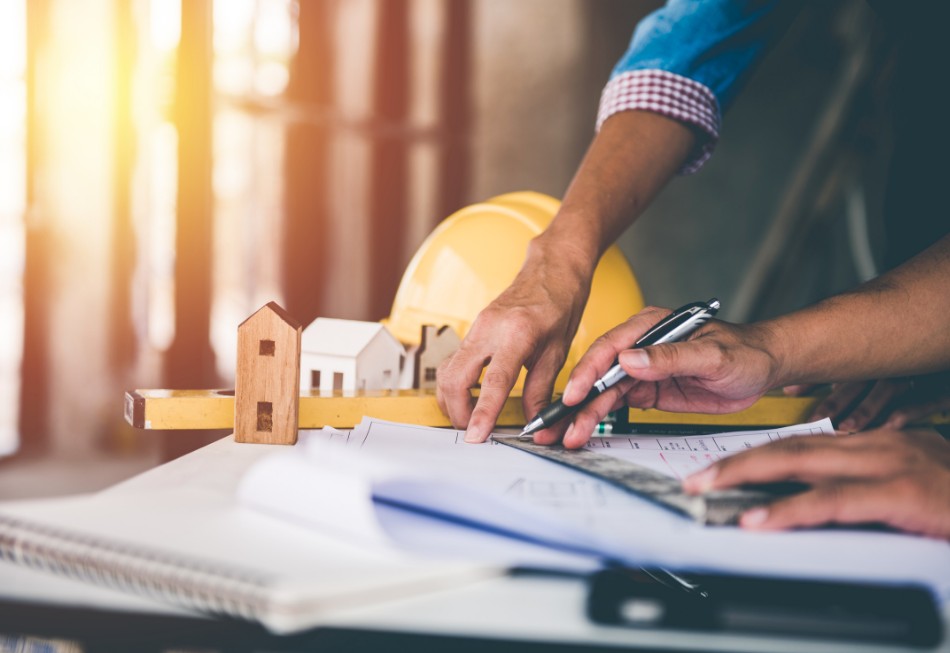As the construction industry continues to evolve, the need for increased efficiency and productivity on job sites becomes more important than ever. Building a more efficient construction site can not only save time and money but also improve safety for workers and the quality of the final product. Here are ways to achieve this:
Utilizing technology and automation
Thanks to technology and its advancements, builders are now starting to adopt various automation techniques to make construction sites more efficient. With automated machines and tools, workers can complete the job faster and with more accuracy. For instance, automated construction vehicles can transport materials around the site with minimum human interaction.
Similarly, robots can be programmed to perform repetitive tasks such as bricklaying, excavation, and painting. Automation not only saves time and labor but also reduces the risks of accidents occurring on the worksite. With the help of state-of-the-art technologies, you can create more sustainable and eco-friendly buildings that are energy-efficient and cost-effective. As the world rapidly changes, it is imperative that you adopt new technologies to create a more efficient and productive future.
Proper planning and project management
Proper planning and project management are vital components of a successful construction project. These factors can help to ensure that tasks are completed in a timely manner while keeping the project within budget. Planning involves determining the goals and objectives of the construction project, as well as the resources required for its completion.
A well-planned project is more likely to be completed on schedule, resulting in fewer unexpected delays and additional costs. Project management involves organizing and overseeing the daily operations of the construction site to ensure that the project is progressing as planned. Effective project management involves excellent communication skills, problem-solving abilities, and the ability to adapt to changing circumstances.
By focusing on proper planning and project management, you can build more efficient construction sites, ultimately resulting in projects that are completed on time and within budget.
Regular equipment maintenance and upgrades
Maintaining and upgrading construction equipment may not be the most glamorous aspect of building a more efficient construction site, but it is certainly one of the most important. With endless projects to complete and deadlines looming, it can be tempting to brush off routine maintenance or put off upgrading equipment until later. However, neglecting these crucial tasks can end up costing you more time and money in the long run.
Fortunately, a reputable construction equipment supplier can provide the expertise and high-quality products you need to keep your site running smoothly. By investing in regular maintenance and upgrades, you’ll not only increase efficiency but also reduce the risk of costly breakdowns and accidents on the job.
Utilizing sustainable materials
As the world becomes more conscious of the impact that we have on the environment, it is important for every industry to take responsibility and find ways to be more sustainable. The construction industry is no exception, and one of the best ways to achieve greater efficiency is by utilizing sustainable materials.
By making this small but significant change, we can reduce waste, save energy, and help preserve our planet for future generations. So whether you’re building a new home, renovating an existing property, or working on a large commercial project, there are many benefits to using sustainable materials that you can feel good about.
Implementing lean practices
Building sites are busy and complex, with a multitude of tasks and stakeholders all working towards a common goal. It’s no wonder that the industry is increasingly looking to lean practices to help streamline their operations and improve productivity.
Lean construction is all about doing more with less, minimizing waste, and maximizing value. By adopting strategies such as just-in-time delivery of materials, closer collaboration between teams, and continuous improvement, you can build a stronger, more efficient site that delivers results on time and on budget.
Providing training and education for employees
Providing training and education for employees is essential to building a more efficient construction site. Well-trained workers are more productive, make fewer mistakes, and adhere to safety protocols, resulting in a safer and more profitable job site.
By investing in continuing education and skills training programs, employers can ensure that their workers remain up-to-date on the latest technologies and techniques, giving them valuable tools to work smarter, not harder. Plus, providing opportunities for employee growth and development can help with staff retention and overall job satisfaction. Investing in employee training is a win-win for both the business and its workers.
By incorporating these strategies into your construction site, you can increase your efficiency, reduce costs and lead times, and ultimately improve the overall success of your projects.

